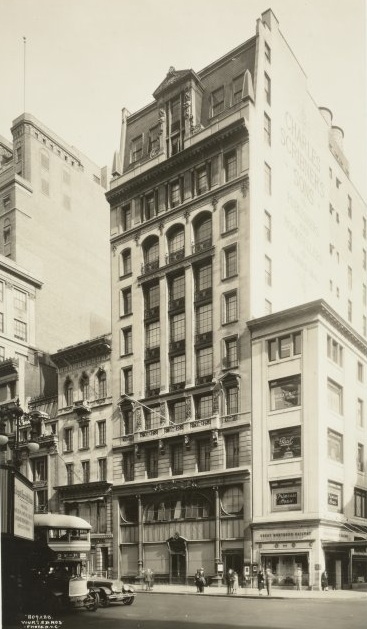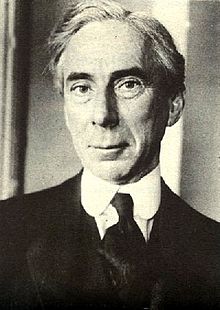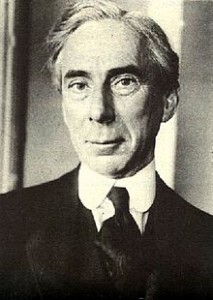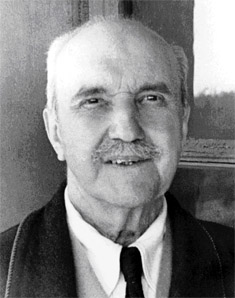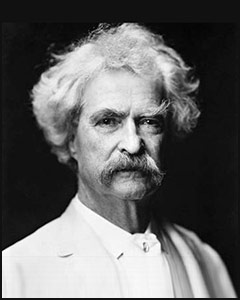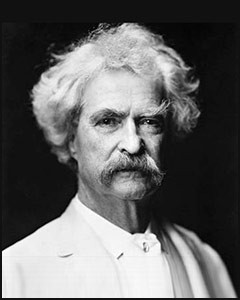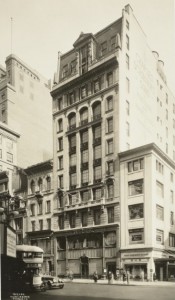 To Charles Scribner’s Sons
To Charles Scribner’s Sons
Messrs Charles Scribner’s Sons
New York
Kasr-el-Doubarah
Cairo. January 25, 1905
Gentlemen:
Your letter of the 6th has just reached me here. I am rather sorry that the publication of the “Life of Reason” has been put off so long, although I quite understand that the trouble came from my being so far away. As to the independent title of each volume, that is not of any consequence from my point of view. Apart from the common heading “The Life of Reason” which I understand you have retained, the volumes will be kept together well enough by their individual titles, which are obviously meant to go together—“Reason in Common Sense”, “in Society” etc. Merely leaving out the number of the volume or of the book will make no difference in the continuity of the work, especially as in the three later books I am still able to put in a phrase or two pointing to the next one in order. This reference forward happens to exist already in the first two books. That each book may be read apart from the others, as you say, was part of my original plan and I am glad you are taking steps to bring this result about.
Yours very truly
G Santayana
From The Letters of George Santayana: Book One, [1868]-1909. Cambridge, MA: The MIT Press, 2001.
Location of manuscript: Department of Rare Books and Special Collections, Princeton University Libraries, Princeton NJ.

